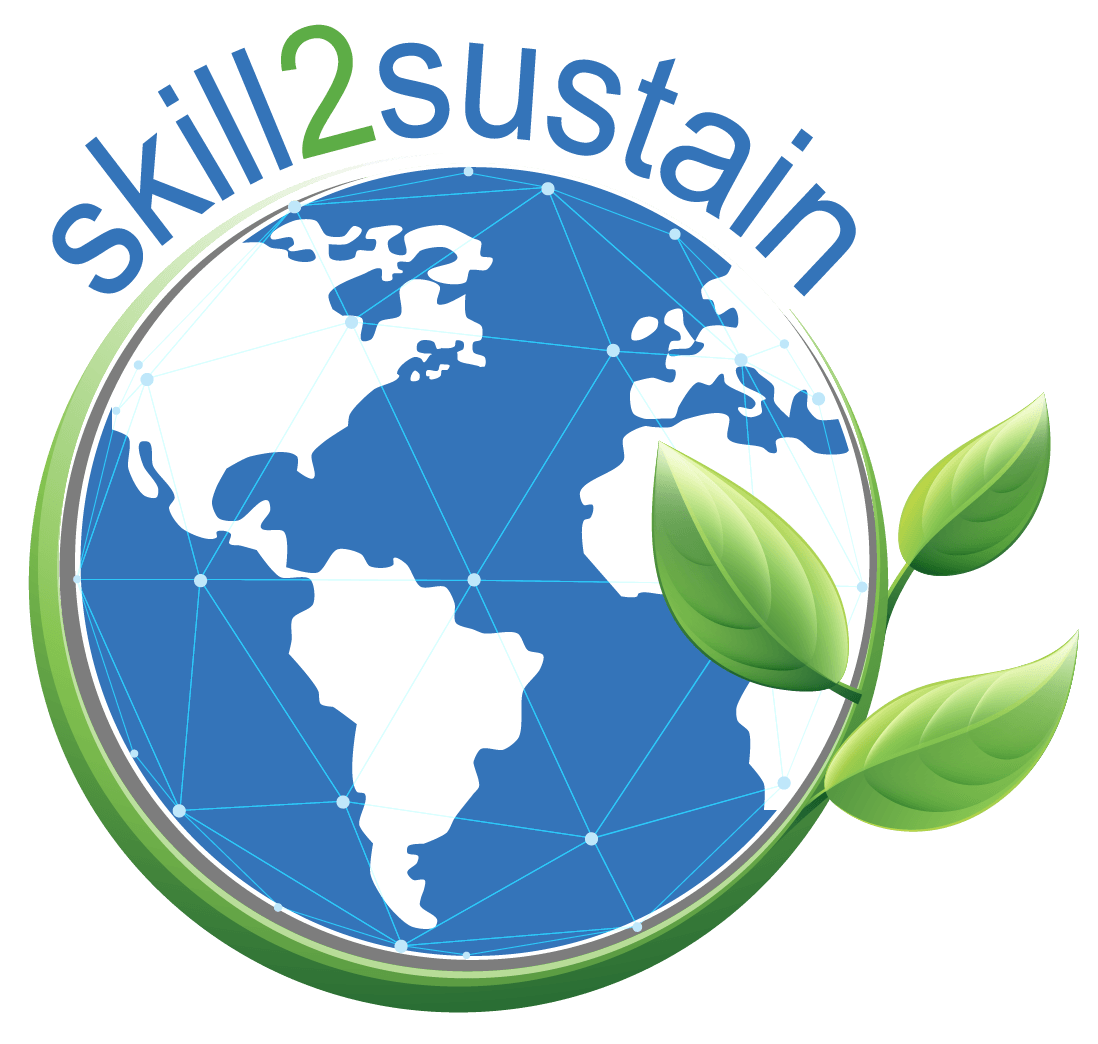(SKILL2SUSTAIN) Boosting digital and green skills for a resilient and sustainable Western Balkan society

Naziv projekta:
Boosting digital and green skills for a resilient and sustainable Western Balkan society
Skraćenica:
SKILL2SUSTAIN
Fond:
ERASMUS-EDU-2024-CBHE-STRAND-2 (101178204)
Trajanje:
36 mjeseci (2025-2028)
Abstrakt:
Boosting digital and green skills for a resilient and sustainable Western Balkan society – SKILL2SUSTAIN is fully aligned with the objectives of the CBHE action, the activities, and the specificities of Strand II. The urgent need for the Western Balkans to accelerate the twin green and digital transition has been recognized through analysis conducted in the target countries of Region 1. The broader aim of the project is to mainstream a holistic approach to digitalization and the green transition, while its specific objectives are in line with the EU Green Deal, the Digital Education Action Plan 2021–2027, and the Council Recommendation on learning for the green transition and sustainable development. The project supports higher education systems in creating green and digital societal ecosystems. A Digital and Green Initiative for WBC Education in Academia will be developed and signed by all project partners. Over three years, 10 curricula will be modernized or newly developed and implemented across 5 WBC HEIs: 2 new BSc programs in Disaster Risk Management, 3 modernized BSc/MSc programs, and 5 new certified LLL programs. These will introduce innovative green topics such as circular economy, energy efficiency, renovation wave, climate change adaptation, sustainability, disaster resilience, and digital skills in Building Information Modeling (BIM) and Geographic Information Systems (GIS). The modernization and development paths will be defined based on national and regional needs, supported by know-how transfer from EU HEIs. Furthermore, 5 educational ICT-based interoperable Research and Education Centers will be established at WBC HEIs. Teaching methodologies will be enhanced through study visits, and blended learning materials will be offered in EN/ALB/MNG/BIH/SRB via an ICT collaboration platform and an open-access e-library.
Ciljevi projekta:
1. SO1: Osnivanje Centara za istraživanje i obrazovanje (RECs) za zelenu i digitalnu tranziciju unutar svake visokoobrazovne institucije Zapadnog Balkana (WBC HEIs).
2. SO2: Podizanje svijesti među osobljem i studentima o potrebama za zelenim i digitalnim vještinama unutar visokoobrazovnih institucija.
3. SO3: Promovisanje kulture zelene tranzicije i digitalizacije unutar WBC HEIs.
4. SO4: Povećanje sinergije između akademske zajednice i relevantnih dionika kroz implementaciju zajedničkih inicijativa za zelenu tranziciju i digitalizaciju.
5. SO5: Jačanje mreža i saradnje između osoblja i studentskih zajednica WBC i EU u oblasti digitalizacije i aktivnosti vezanih za zelenu tranziciju.
Partneri u projektu:
1. University of Novi Sad (Srbija)
2. University of Montenegro (Crna Gora)
3. University of Tirana (Albanija)
4. Polytechnic University of Tirana (Albanija)
5. University of Banja Luka (Bosna i Hercegovina)
6. University College “CEPS-Center for Business Studies” Kiseljak (Bosna i Hercegovina)
7. University of Ljubljana (Slovenija)
8. University of Zagreb (Hrvatska)
9. Ss. Cyril and Methodius University in Skopje-UKIM (Sj. Makedonija)
10. Građevinarstvo – nauka i praksa – Podgorica (Crna Gora)
11. Chamber of Engineers of Montenegro (Crna Gora)
12. Environmental and Territorial Management Institute (Albanija)
13. Chamber of Commerce and Industry of Banja Luka Region (Bosna i Hercegovina)
14. Chamber of Commerce of the Federation of Bosnia and Herzegovina, BiH
Uloga u projektu:
Partner / korisnik (BEN)
Web stranica projekta:
https://skill2sustain.uns.ac.rs/
Objave vezane za ovaj projekat:
Posts related to this project:

“Funded by the European Union. Views and opinions expressed are however those of the author(s) only and do not necessarily reflect those of the European Union or [name of the granting authority]. Neither the European Union nor the granting authority can be held responsible for them.”
< Natrag na projekte